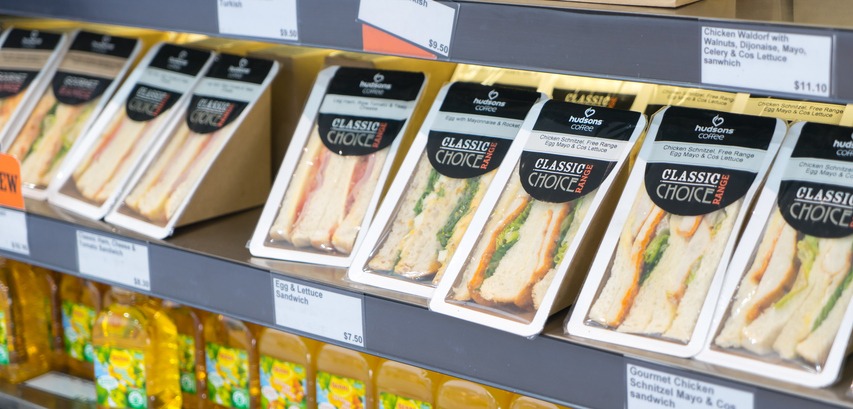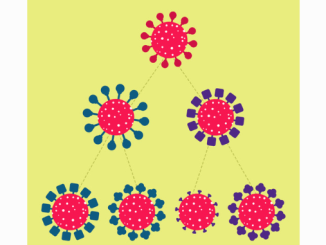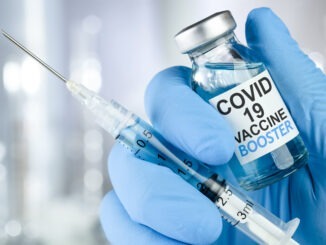As reported by BBC News, at least 86 people hospitalised in the UK due to an E. coli outbreak linked to pre-packed sandwiches, with 256 total infections reported
The UK Health Security Agency says cases have slowed but a further 45 infections have been recorded, taking the total to 256.
About 60 products were recalled from supermarket shelves in recent days as a precaution.
But all of the confirmed cases developed symptoms before 31 May.
Salad leaves
The overall number of people affected could still rise, however, because some samples from patients have yet to be tested, experts say.
Darren Whitby, from the Food Standards Agency, which is investigating the outbreak along with the UKHSA, said everything possible was being done to find the root cause.
“We continue to work at pace with the relevant businesses and local authorities to ensure necessary steps are being taken to protect consumers,” he said.
“Although we are confident in the source of the outbreak being linked to a small number of salad leaves, which we identified early on through extensive food-chain analysis, work continues to identify the root cause of the outbreak with the growers, suppliers and manufacturers, so that actions can be taken to prevent a reoccurrence.”
As of Tuesday, the confirmed E. coli cases include:
- 168 in England
- 56 in Scotland
- 29 in Wales
- three in Northern Ireland (evidence suggests they acquired their infection in England)
E. coli are a diverse group of bacteria that normally live in human and animal intestines.
Some types are harmless but others can make people seriously ill.
The variety in this outbreak, Shiga-toxin-producing E. coli (STEC) O145, can attack the gut’s lining.
Symptoms usually take a few days to develop and can include:
- diarrhoea that can be bloody
- stomach cramps
- fever
- vomiting
Most people recover well but some – such as young children or people with underlying health conditions – can become very unwell.
There is no specific treatment for E. coli infections.
Those infected can usually be cared for at home and most will recover without medical treatment.
It is important to drink plenty of fluids, as diarrhoea can lead to dehydration.
A small number may go on to develop serious complications, including haemolytic uraemic syndrome (HUS), which can damage the kidneys.
People should seek medical help if worried.
To reduce the risk of infection:
- Regularly wash your hands with warm water and soap — alcohol gels do not kill all bugs that cause diarrhoeal illness
- Wash fruit and vegetables and cook food to the temperatures suggested
- If you have symptoms, do not prepare food for others or visit people in hospitals or care homes
- Do not return to work, school or nursery until 48 hours after symptoms have stopped




Be the first to comment